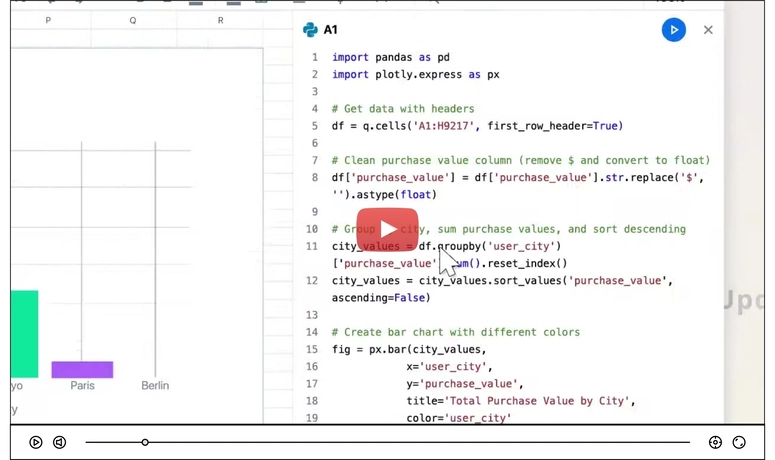Soy una nota nice
A veces debemos de admitir parámetros en una funcion donde el tipo de parametro puede ser por ejemplo String o Number :
function padLef(value: string, padding: any) {
if (typeof padding === "number") {
return Array(padding + 1).join(" ") + value;
}
if (typeof padding === "string") {
return `${value} ${padding}`;
}
throw new Error(`Solo se admiten tipos de valores string o number, no se aceptan ${padding}`)
}
console.log(padLef("Hola mundo", 10));
El problema de declarar el parametro padding como any es que recibe cualquier tipo de valor ya sea true* o hasta un **Array y el compilador de Typescript lo aceptara sin problemas.
Para solucionar este problema utilizaremos las uniones de Typescript, donde solo se aceptaran los tipos que se declaren en el parámetro, no hay limite de uniones puedes utilizar 2 o mas uniones si es necesario:
function padLeft(value: string, padding: string | number) {
// ...
}
let indentedString = padLeft("Hello world", true);
El compilador de Typescript nos dirá que no se puede aceptar valores Booleanos porque en el parametro solo aceptan valores de tipo string o number
Sindicatos discriminantes
Una técnica común para trabajar con uniones es tener un solo campo que use tipos literales que puede usar para permitir que TypeScript reduzca el posible tipo actual. Por ejemplo, vamos a crear una unión de tres tipos que tienen un solo campo compartido.
type NetworkLoadingState = {
state: "loading";
};
type NetworkFailedState = {
state: "failed";
code: number;
};
type NetworkSuccessState = {
state: "success";
response: {
title: string;
duration: number;
summary: string;
};
};
// Crea un tipo que representa sólo uno de los tipos anteriores
// pero aún no estás seguro de cuál es.
type NetworkState =
| NetworkLoadingState
| NetworkFailedState
| NetworkSuccessState;
Todos los tipos anteriores tienen un campo llamado state, y luego también tienen sus propios campos. Dado que el campo state es común en todos los tipos internos NetworkState, es seguro para su código acceder sin una verificación de existencia.





Top comments (0)